Further dimensions in fiction
An interview with David Rose
I thoroughly enjoyed this conversation (over email) with David Rose over the last few weeks. I first encountered David’s work through Vault, his ‘anti-novel’, and have been catching up, ever since, on his shorter fiction. He is consummate, his mastery of the form remaining woefully under-acknowledged. We talked about Interpolated Stories, his recent collection for Confingo Publishing, the future of the novel and the short story, and much else besides.
SO: I have recently been reading D. H. Lawrence’s ‘The Future of the Novel’. This is an essay from 1923 in which he argues, in particular, for a rapprochement between philosophy and fiction.
‘It seems to me it was the greatest pity in the world, when philosophy and fiction got split. They used to be one, right from the days of myth.’
D. H. Lawrence
I came across a line where he describes the modern novel as being like conjoined twins, in terms of the relationship between popular and literary fiction, and it reminded me of a similar point that you made in your piece on modernism and the anti-novel for 3:AM, in which you say ‘The anti-novel was in fact born with the novel...and has shadowed the novel through its history; matter and anti-matter.’ So it made me wonder (as a possible starting point for our exchanges on the future of the novel and the short story) whether you were aware of this essay of Lawrence’s and what sort of influence (if any) his fiction and non-fiction has had on your own work.
DR: Oddly and sadly, I hadn’t ever come across that essay by Lawrence. I have some of the essays and most of the short stories and novels in a Penguin uniform edition from the 1970s but that essay isn’t included. I have huge admiration for Lawrence and his intuitive and incisive mind, and his body of short stories is maybe his most important work, but I don’t think I have been influenced by him (nor could I point to any other influences).
I entirely agree with that link between philosophy and literature, and one I would like to restore between the short story and philosophy. I have been rereading some of the essays in The New Aestheticism (ed. Joughin and Malpas) and in particular, their introduction. They quote Schlegel – “Where philosophy ends literature must begin...” and go on to discuss the role literature is equipped to play in that relationship.
That essay on the anti-novel was cobbled together as a puff for Vault, using Josipovici’s book as peg. I’m not happy about his conflating Modernism and the anti-novel and redefining Modernism as beginning with Cervantes as a result, but that’s an aside.
I hope to expand on the link between short fiction and philosophy and other discourse, and the way ‘foreign material’ incorporated into literary texts become naturalized, in light of Thomas Mann’s assertion that the relationship between a novelist and his research material is always one of parody, of irony (I can’t offhand find the quote), and the role that creates for fiction in exploring philosophical ideas (scientific ones too, e.g. Sheldrake’s theory of Morphic Resonance).
SO: Thanks, yes, that Lawrence essay on the future of the novel is, perhaps, a little obscure. He wrote it in the U.S. in 1922-23 and it was probably written partly in response to a 1921 book of the same name in which Meredith Starr interviewed sixty English writers on the novel’s future. It was also partly written in response to his reading of Ulysses, which he’d received from his publisher on 6 November 1922 and returned a fortnight later with the comment that it had wearied him: ‘so like a schoolmaster with dirt and stuff in his head: sometimes good, though: but too mental.’ His publisher wanted to publish these comments, something Lawrence thought would be unfair to Joyce. He turned, instead, to the general topic of the novel and its future, his essay appearing in the Literary Digest International Book Review in April 1923. (All this from Bruce Steele’s wonderful introduction to Lawrence’s Study of Thomas Hardy and Other Essays.) Can you say more about the relationship between a fiction writer and their research, and how it opens up a space to explore philosophical ideas?
DR: I must try to read that essay of Lawrence’s – very typical of his pugnacious but intuitive insight. I have read elsewhere his view of Ulysses – not dissimilar to Virginia Woolf’s, or Nora Joyce’s come to that.
On Mann’s comment on the way factual research inevitably becomes parody when fictionalized, I would say that his point is made by a reading of The Magic Mountain; his examination of the choice before Germany – East or West, liberalism or tradition – is entirely serious on his part, but it isn’t like reading Oswald Spengler. The famous irony alters the experience, as it transmutes the material of the ideas.
That was brought home to me by the experience of writing Interpolated Stories and pondering the results. The academic discourse (some of it intentional parody, although a lot of academic discourse is itself unintentional parody), although resistant, is always at risk of naturalization, subsumed into the fiction. There’s a wonderful metaphor for that in an aphorism of Kafka’s, one of his Zürau Aphorisms, in which leopards habitually break into a temple and drink up the wine, so predictably that it becomes incorporated into the ritual. That became the ending of an unpublished short story in which authorial interjections are directed to the narrator – unironically – with the same risk.
So the issue is not one of “shoehorning larger and larger chunks of reality” into fiction, in response to David Shields. It’s the way fiction’s suppleness manages the introduction of “foreign matter” such as philosophical, scientific, academic discourse; that suppleness, fluidity, gives fiction licence to broach philosophical ideas unburdened by the need for rigour, logic or in the case of scientific theory, falsifiability criteria. The ironic distance is the space in which fiction, like poetry, “may be able to say what philosophy can know it cannot”, as David Wood puts it (in Philosophers’ Poets quoted by Joughin and Malpas). Ideas can be advanced tentatively, played with, presented narratively in concrete form, pro and contra.
But there’s a two-way advantage: that opens up a way out of the two-dimensionality of narrative, gives it another dimension.
In art, the decisive breakthrough, in my opinion, was not Cubism per se but the use of collage within Cubism – the importation of the external world in the form of tickets, wall paper, bills, but far more significantly, of newspaper clippings, not merely as materiality but as discourse – the textual matter, the headlines and following reportage detailing with the then current Balkan War and the economic and political condition of Europe, topics which as an anarchist Picasso was deeply engaged with (see Cubism and Culture, Antliff/Leighten 2001).
Thus, in Interpolated Stories, there is enacted a clash of discourses, in which fictional discourse is given the opportunity to justify itself, demonstrate a superiority it might have over other discourses, its lyrical realism being hard-fought for and hard-won (one hopes), gaining that extra dimension as a result.
It is also nourished by the fresh currents of thought flowing through its texts. By coincidence, I have been reading Steven Matthews’ Beckett and Cioran in the Cambridge Elements series, in which Matthews notes the affinity between the two authors, both resident in Paris, aware of each other’s work even before meeting in person – an affinity resting on shared philosophical concerns: with the Presocratics, with scepticism, mysticism and irrationality, with an antipathy to professional, jargonized philosophy. Matthews demonstrates how that philosophical groundview provided not only a programme for Beckett’s fiction but also directed its form, toward brevity – the Textes pour rien/Texts for Nothing as opposed to the earlier novels – and ultimately in the direction of the aphorism.
SO: I am finding the enacted clash of discourses in Interpolated Stories fascinating and have been wondering about the nature of the interpolations. Initially I read them straightforwardly (and perhaps somewhat simplistically) as late(r) authorial interjections, but latterly I have been reading them as the first-person discourse of an additional (commentarial) character which serves to trouble the pre-existing discourse. One of the things I write about in The Future of the Novel (after Timothy Bewes’ Free Indirect: The Novel in a Postfictional Age) is that the future will be one in which the ‘thought’ of the novel will no longer be locatable subjectively within a character, narrator or author but will emerge from a non-anchored, non-centred ‘free indirect’ perspective. Are you sympathetic to that interpretation of the interpolations – that the interplay that this new first-person ‘character’ creates with the existing characters serves to create a point-of-view that cannot be inhabited subjectively? Or am I reading too much into them?
DR: I’m not familiar with Timothy Bewes’ book, but it sounds very interesting. And yes, you are correct in seeing the interpolations as being, except for the first story, non-authorial, anonymous and purposely disruptive. All this is, now, theorizing after the event; my approach to writing has always been intuitive and heuristic, although I do find the theory side fascinating in and for itself.
The opening story, never intended at the time as forerunner of a series, was simply an expression of exasperation at much of current short fiction, including my own, the frustration manifesting as ‘self-vandalization’, as a friend put it. I didn’t expect to publish it. Only after some reflection did I see potential for other forms of interpolated discourse, and began to explore some of the possibilities. Putting “Amongst the Corots” first in the collection made chronological sense but is slightly misleading, and I suspect others too assumed all later interpolations were authorial.
As I remember, the next story I tried the idea on was “Like It”, about the working class technician, installing the temporary toilets at an outside production of Shakespeare and his unmediated response to watching the performance. I feel that almost all comment these days on Shakespeare comes from the academics, often with an agenda, hardly ever from ordinary theatre goers, hence the parodic nature of the academic discourse used to break and and in places overlay and obscure the narrator. (The rule I set myself was not to revise in any way the original text except to obscure by overwriting in a few places.)
I then applied feminist discourse to “Smoke”, which was originally based on a true local story; post-colonial discourse to “Empire”; historiographical discourse to “Edvard Munch Surveys Staines Bridge”. The latter presented problems in that the original text already had interjections in bold, first-person comments by Munch in a third-person narrative. I decided to stick with my rule and add the discourse in the same bold type, and hope that the difference between first and third person would bring sufficient clarity.
But I wanted to find other forms of interpolation, so I turned to “Cobblers”, about a children’s entertainer who has had no desire to be a father, perpetuate his genes, and disrupted it with interjections by the unborn souls, drawing on Eliot’s poem “Animula”.
The final two stories differ again in that they were ‘through-composed’ as it were – written from scratch, to see if that would work in the same way. “Decrescendo” is a metaphysical story with Biblical interpolations; “Under the Plan” drew on a TLS review of several books on the Eugenics movement in early to mid-Twentieth century America – which in its application predated and influenced Nazi eugenicist ideology. The Kellogg family were ardent supporters of eugenics, encouraging not just repressing procreation by “unfit” women but encouraging it among the fit, by sponsoring Healthy Baby competitions for example. There are also quotations from the infamous Scopes trial – which wasn’t about the teaching of biological evolution, as assumed, but of a vicious form of Social Darwinism – and from a judge defending the decision to forcibly sterilize a young woman deemed mentally deficient.
Having finished what had become a series, I assumed they could only be published individually if at all, and sent “Smoke” to the magazine Confingo, who accepted it. Tim Shearer, its editor, when I mentioned others in the same vein, asked for the word count of each, and proposed publishing them as a small collection.
Meanwhile, I had started another series of disrupted texts, again using pre-existing stories but applying erasure or the imposition of symbols or other non-linguistic code, most of them published individually in an American journal, Exacting Clam.
The point of all these techniques is, as you put it, to “trouble” the reading, disrupt the text. That need for disruption is dealt with by a recent book by Alva Noë, The Entanglement (Princeton 2023), reviewed in the TLS (I have since read it). He argues that full human consciousness depends on the disruption of our “natural”, biological and habitual level of conscious being by a second-order of self-consciousness in which art and philosophy break through habit to expand the possibilities; disruption is their prime role (he does redefine the terms aesthetics and philosophy to widen their accepted meanings).
All that does, I think relate to your point about that non-anchored, non-locatable perspective, and the “third voice” you spoke of early in your Substack essay. Interestingly, Steven Matthews indicates that the term itself was first used by Cioran, in the closing pages of his Précis de décomposition (a copy of which Beckett had in his library) where Cioran “makes a demented wish on behalf of the writing voice... [‘to live and die in the third person’], as though some displaced rendered of Not I, again.”
Matthews also, in his conclusion, points to an essay by Cioran – “Beyond the Novel” – in which Matthews senses “a corrosion or collapse of the human ability... to produce a work that might conceal its creator.” Increasingly, that seemed to have been Beckett’s aim. And maybe what Bewes too has in mind.
SO: Again the idea of disrupting our habitual level of consciousness echoes something Lawrence writes about in his Future – as suggested in the title given to the essay by his publisher: ‘Surgery for the Novel – or a Bomb’. The novel was, for Lawrence, ‘in a rather dirty, messy tight corner. And it’s either got to get over the wall, or knock a hole through it.’ Clearly he favours the latter:
‘[I]t’s got to break a way through, like a hole in a wall. And the public will scream and say it is sacrilege: because, of course, when you’ve been jammed for a long time in a tight corner, you get really used to its stuffiness and its tightness, till you find it absolutely stinkingly cosy; and then, of course you’re horrified when you see a new glaring hole in what was your cosy wall. You’re horrified. You back away from the cold stream of fresh air as if it was killing you.’
D. H. Lawrence
Eventually, though, first one and then another of us filters through the gap to find ‘a new world outside.’
What would you say is wrong with so much of current short fiction? And is the prescription entirely encapsulated in the Noëan disruption that you describe?
DR: I do love Lawrence’s forthrightness, and over-the-top challenges to received opinions and literary practice.
What do I feel is wrong with much current fiction? An intricate question. In part, it lies in a sociological problem, paradoxically related to the current interest in the short story, which is at its highest for many years, possibly. The problem is an opposed squeeze on the form: an increased production, from the C/W industry, with the increased accessibility for publication on the internet, in one direction, and the disappearance of so many of the print outlets, together with literature’s widespread loss of cultural prestige and influence in the other, both of which result in even more publication on the internet, where much gets lost in the information ocean, but even so, leaves a glut of stories in the public domain. But there is perhaps a readership deficit – no one is reading these stories because they are all busy writing their own.
This democratization is welcome, but it tends, I suspect, to reinforce the reliance on pure narrative – a reliance strengthened by narrative – story – being purloined by commercial advertising and in personal counselling – at the expense of experimentation. The welcome freshness in the short story comes from content – minority-cultural settings, characters, plots – rather than from formal innovation, which in my view is essential if short fiction and indeed literature itself is to regain its prestige. The Chekhovian ‘glimpse’ is no longer adequate in a culturally diverse world.
Narrative is two-dimensional – everything is depicted within the plane of narrative, without a level of enactment. Reality, the world, is infinitely complex, and fiction needs to mirror that more convincingly. It needs further dimensions, including discursive disruption, not for the sake of disruption in itself (Noë’s argument is that any reflection at all, which is inevitable in any activity at all, any self-consciousness, is unavoidably disruptive), but to allow further semantic levels.
I am not advocating simply the larky, ludic side of Postmodernist short stories of the likes of Barthelme, Sukenick, Coover, valuable though they were, but a more serious engagement with philosophy, other discourses, as a way of adding those further dimensions.
For example, the series of stories following the interpolated series used other disruptive impositions to either reassert or undermine the original text. Thus, a story about a blind piano tuner, afraid of losing his wife from his inability to articulate his moments of epiphany, had large sections of narrative erased, isolating those moments; a mock biography of Linnaeus had a repeating sequence of vowels picked out in bold, representing a sequence of genetic code, with a ‘mutation’ in the final iteration, undermining the Linnaean system; a story narrated by an artist, rival to Jackson Pollock, has imposed apparently cryptic numerical symbols which actually relate to specific canvases by Pollock (who himself incorporated such symbols into his paintings, and gave many paintings a numerical title), thus allowing Pollock to answer the narrator's charges. How far the technique worked is another matter but that was the intent.
In the matter of the interpolations, they act as an ironic counterpoint in what then becomes a polyphonic text. To extend the musical metaphor, I’d describe narrative as plainchant, where the world is symphonic. Musicologists have noted that most symphonic development is so intricate that no listener, even the composer, can follow every line simultaneously. But the important point, for me, is that the listener senses that felt complexity of the individual symphonic world.
Narrative is and will always be a central component of fiction, of any length, and there will always be the demand for sheer narrative, pure story. But if literature is to restore its link with philosophy (in the manner of Beckett, for example) it can’t rely solely on narrative thrust. I don’t maintain that there is only one future for the short story or that disruption in various forms the sole way forward. There is many avenues to explore: that “third voice” you have mentioned in previous Substack posts; other voices too, discursive, disembodied; tenses – what would it mean to write without the Future Tense? Only in the Future Tense?
Many possibilities opening up; as the novelist Bill Broady said on the matter of the breaking of the narrative plane: “it’s like splitting the atom – the possibilities are endless”. But only if they’re explored.
The short story is best placed to explore them, due to its brevity, its protean nature, and only experimentation will allow future possibilities to be opened up.


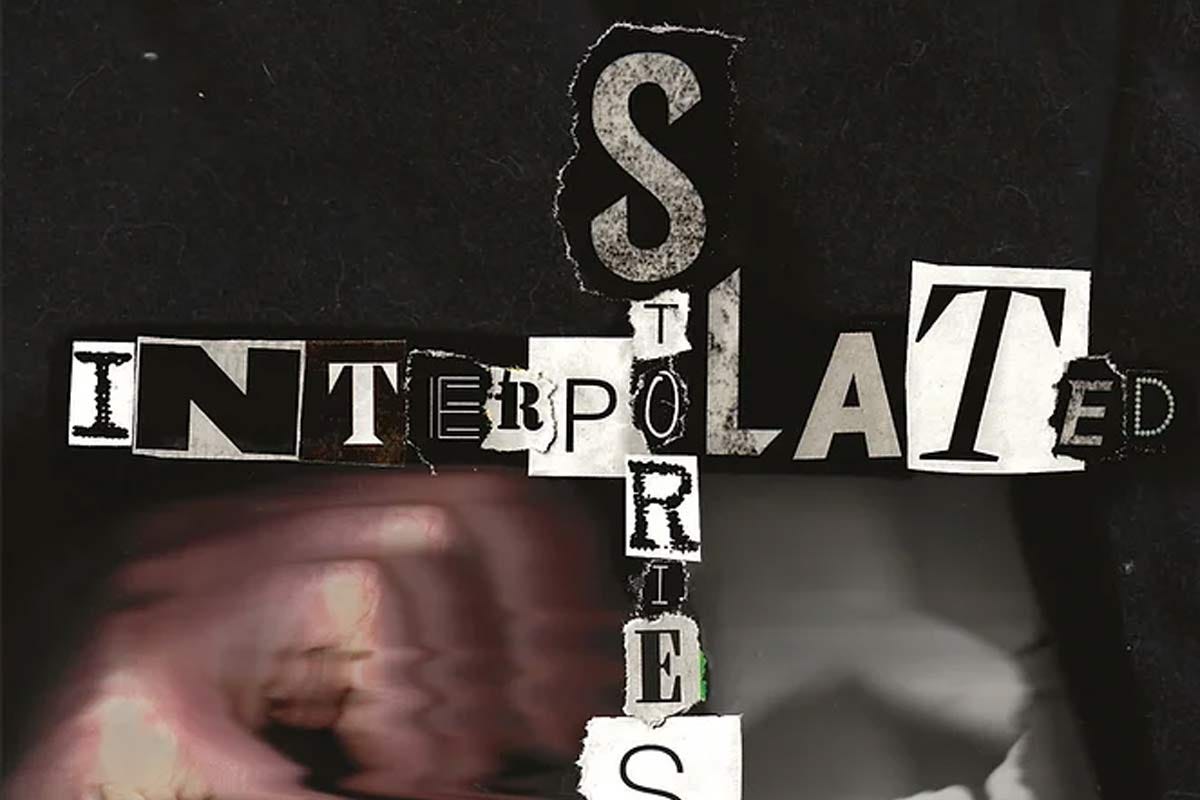
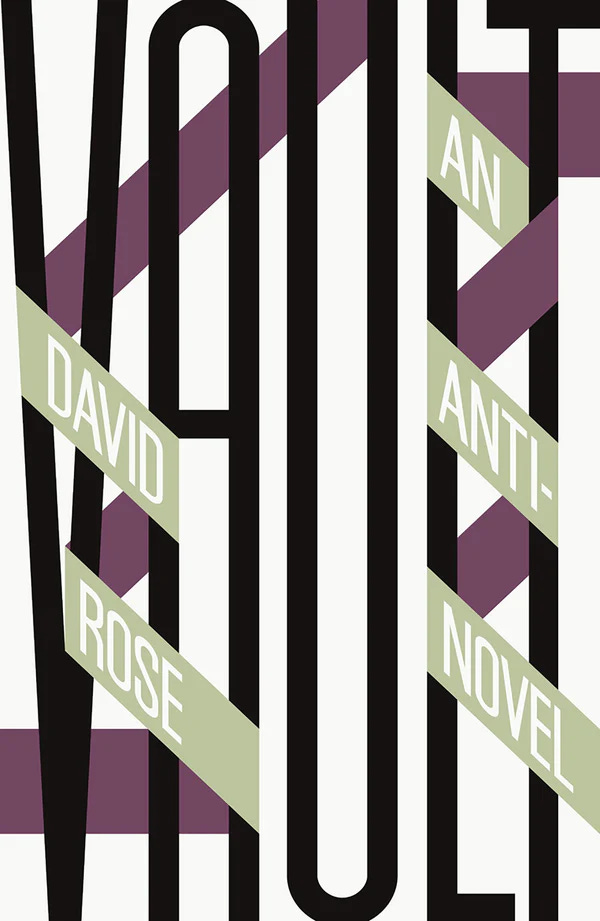
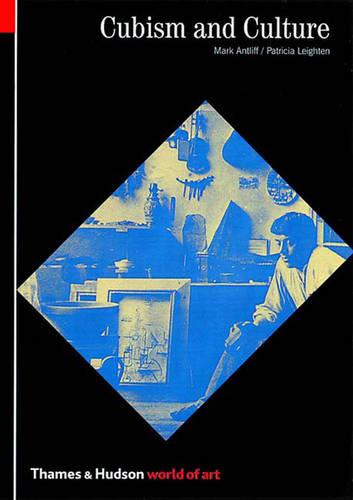
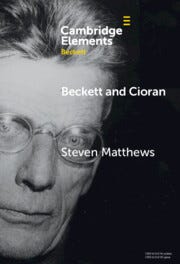
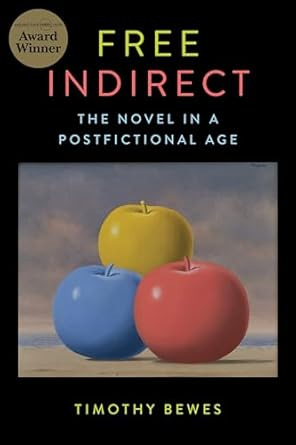
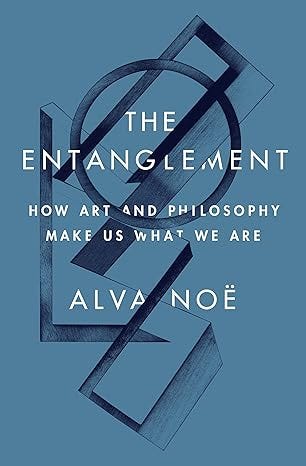
I would like to amplify and clarify some of the remarks I made in this conversation, regarding Creative Writing courses, as they appear to have been misinterpreted as evidence of an elitist view on my behalf. I would have no grounds for holding an elitist view, quite the opposite; it's a matter of public record that I left school at 16 with two O Level GCEs, and worked in the Post Office all my working life. I had no thought of writing until my mid-thirties, and my way into the literary world was through a local council evening course in Creative Writing (which I look back on as the happiest time of my literary life, certainly happier than the years battling the literary elite).
So I certainly believe everyone should have the opportunity to both learn and practise the craft of fiction writing.
There was nothing in my comments that was critical of the CW industry as such; a simple matter of fact that more writers are annually entering a diminishing market. The only criticism I would make, although irrelevant to the gist of this Substack, is not of the courses or tutors, but of the universities themselves, who offer the courses but give no thought to the matter of where and how
those students are to see their work in print. How many universities (a genuine question) set up or fund literary magazines? A few do - the Warwick Review was a first class magazine, brilliantly edited by the poet Michael Hulse, generously funded for some years. But when the funding was withdrawn, inevitably it folded.
I have experience on both sides of this matter - for some years in the 1990s I was part-owner, co-editor and sole funder of the magazine Main Street Journal. Funding was impossible to come by, either as grants from the AC or as business sponsorship. As a contributor to magazines, I made a point of subscribing to any magazine that published my work, and many that didn't. But there are far fewer print magazines now than there were then.
It's one thing for writers to read other writers, as they should; it's another to regain the wider readership for fiction that has been lost over they years, as serious readers turn more to non-fiction. Which is partly linked to the loss of Literature's prestige and seriousness within the Humanities. For years, under the sway of Theory, Literature was seen as simply supplying the texts for the Theorists to critique, under the "hermeneutics of suspicion". With the ascendancy of Theory waning, Literature has the opportunity and space to regain its intellectual role and standing. But that involves reforging its links with Philosophy - which is the thrust of this whole conversation.